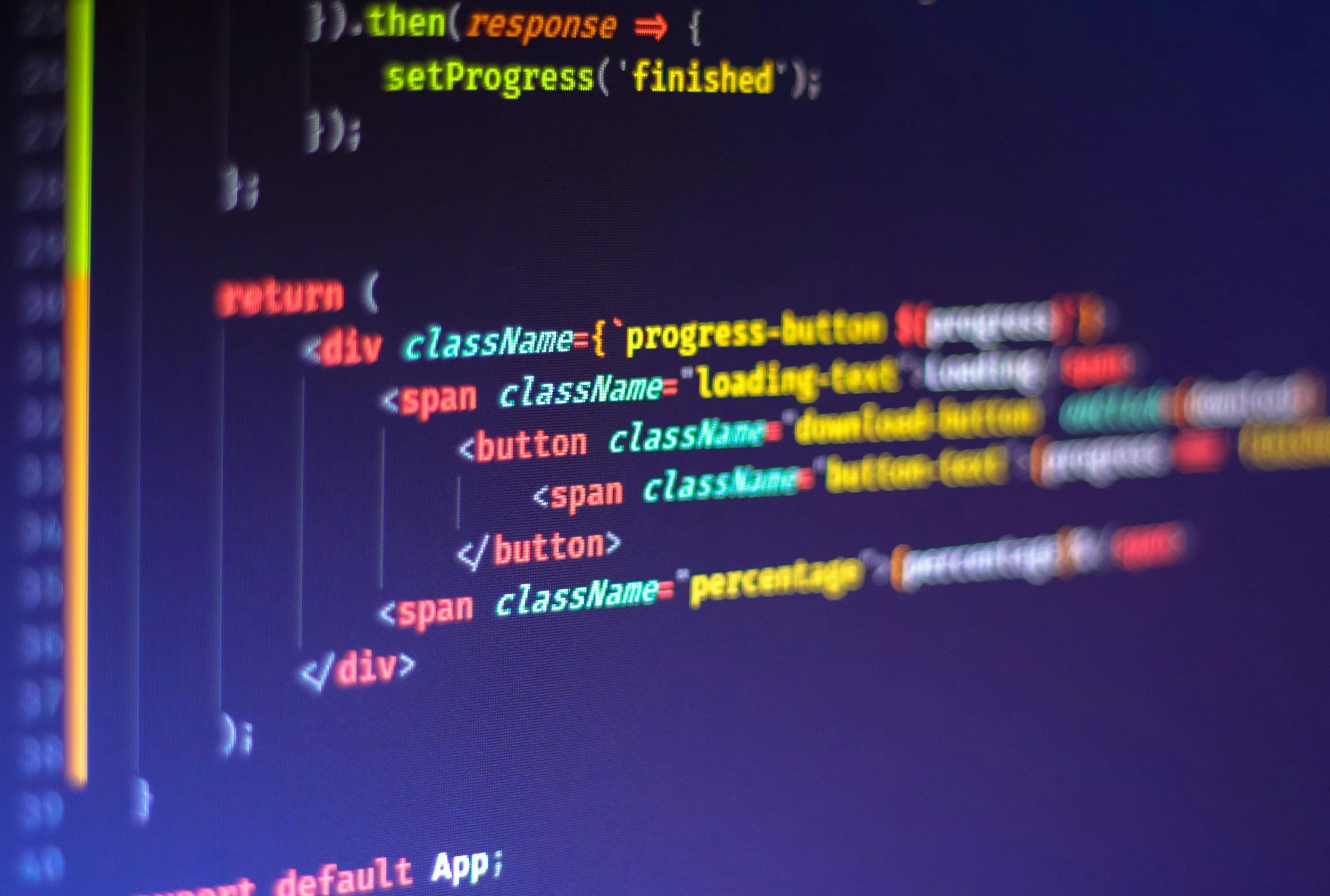
Complicated designs are easy to create; simple designs are difficult to create
-

Minimalist
Oftentimes, those that ask for "flashy" or "eye-catching" don't understand that adding unnecessary color and animation in software just for the sake of making it "flashy" undermines the meaning of color or interaction.
A little flair can be added to delight the user, but in general, when software has a lot of interactivity, dialing back the use of color makes those primary actions intuitive and easy to find.
-

Use a system
As soon as possible, start creating a design system. Why? When a design system has not been created, the average front-end developer wastes an average of 1-3 hours A DAY on problems a design system would solve.
Designers then waste their time creating redundant features. Companies typically see a 4-10 times ROI on immediately creating a design system.
-

Low-code solutions
Wherever applicable and possible, use low-code solutions, especially if you have a small development and design team. Creating original components that are intuitive take a LOT of work.
90% of what a UX designer needs will be found in a UX component library, such as Material-UI. Should those components need to be modified, they should be modified in the common repo, and those changes mirrored in the design system.